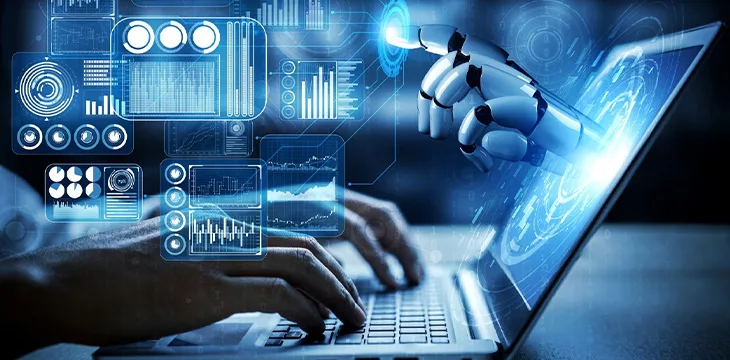|
Getting your Trinity Audio player ready...
|
A new draft of guidelines proposes that Japanese companies leveraging artificial intelligence (AI) must have measures to curb overreliance on the technology.
The guidelines were drafted by a panel tasked with formulating policies to regulate the budding sector. The panel proposed 10 rules for any company utilizing AI in Japan as the East Asian country competes against the U.S. and China in an AI arms race.
AI developers in Japan must avoid using biased data to train their applications, the rules state. AI bias has sparked major debate globally, with some concerned that the technology exacerbates existing prejudice against some groups.
Other guidelines include urging AI companies to maintain all the records of their interactions with the technology. They must provide these records to regulators in case of an incident.
Fairness and transparency must guide all AI development in Japan, with AI companies directed to protect human rights with their models. They must also document how they collect personal information and prevent it from being collected or shared by their models without the owners’ explicit consent.
Data remains at the heart of AI development. AI models are not generative; they synthesize the data we feed them. However, companies like Meta (NASDAQ: META), Google (NASDAQ: GOOGL), and OpenAI—arguably the three most prominent players in the space—have been found to use illegal data-scrapping practices that harvest copyrighted data without consent. The three are fighting multiple legal battles in court over their data harvesting practices.
Blockchain technology is the solution to AI’s data challenges. With blockchain, data authenticity and ownership can be guaranteed. Additionally, blockchain’s transparency and traceability features ensure that any use of the data can be accounted for.
Japan has been on the frontline in regulating AI but has yet to implement a comprehensive framework. The country has favored a soft approach, shunning the European Union’s “impossible” approach.
The proposed framework will be finalized by the end of the year, local outlets report. With Japan being the current chair of the Group of Seven (G7) nations, the framework could influence the regulatory approach of the world’s largest economies. In a speech on Monday, Prime Minister Fumio Kishida revealed that he’ll be spearheading the G7’s AI regulation efforts this autumn.
In order for artificial intelligence (AI) to work right within the law and thrive in the face of growing challenges, it needs to integrate an enterprise blockchain system that ensures data input quality and ownership—allowing it to keep data safe while also guaranteeing the immutability of data. Check out CoinGeek’s coverage on this emerging tech to learn more why Enterprise blockchain will be the backbone of AI.
Watch: Blockchain, AI & Web3 at B2029 Meetup in Berlin

 02-21-2026
02-21-2026 




